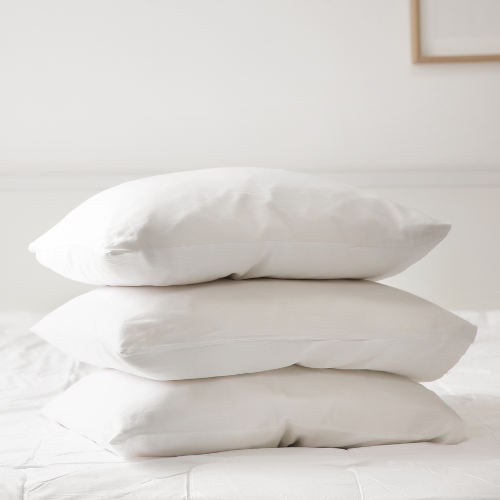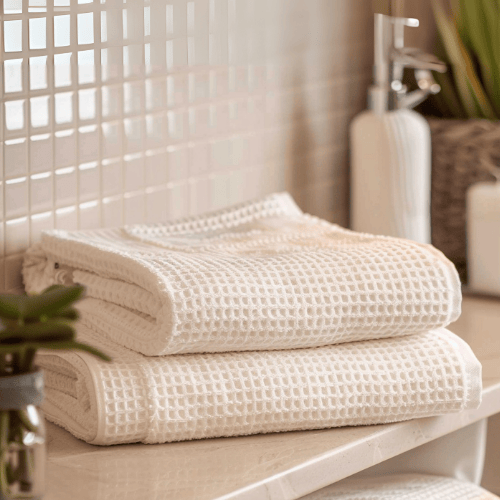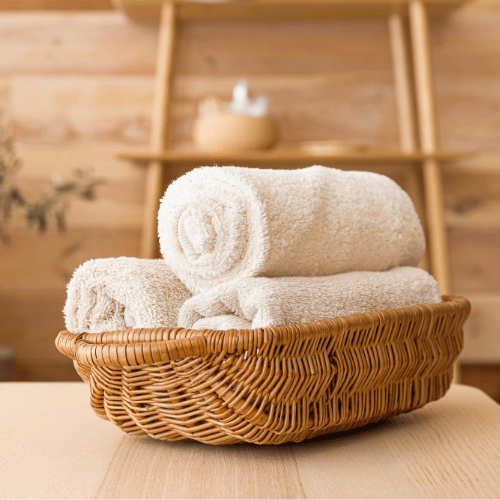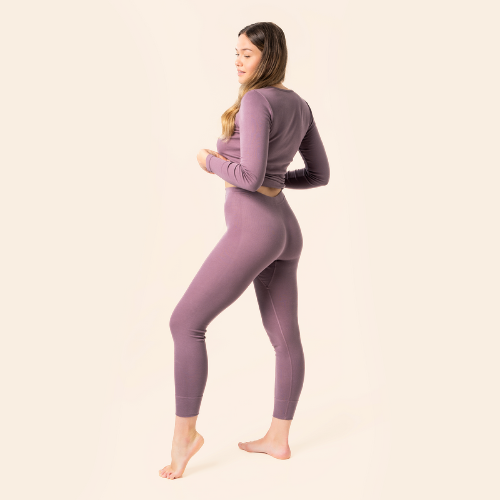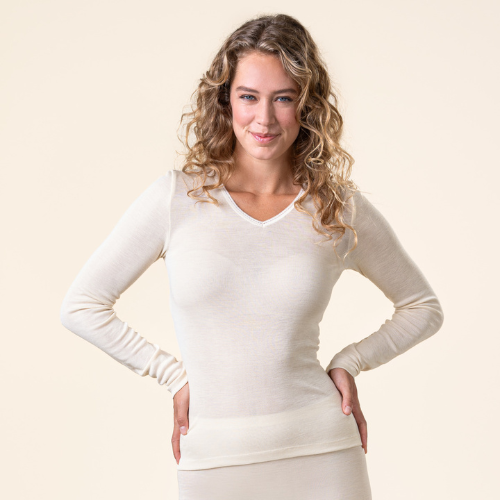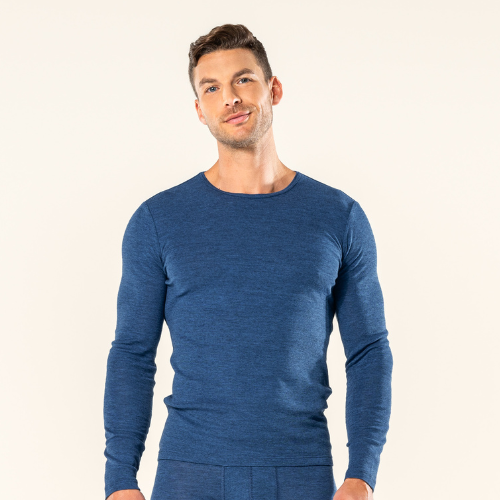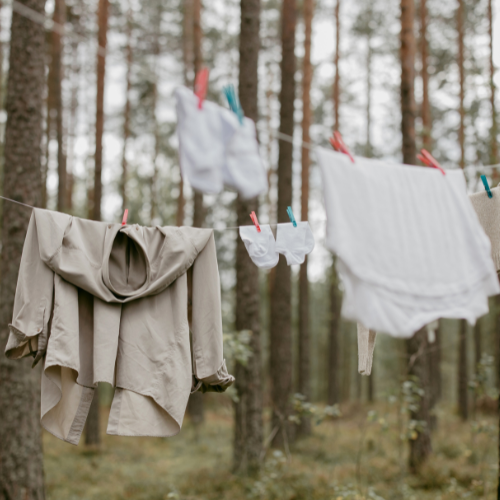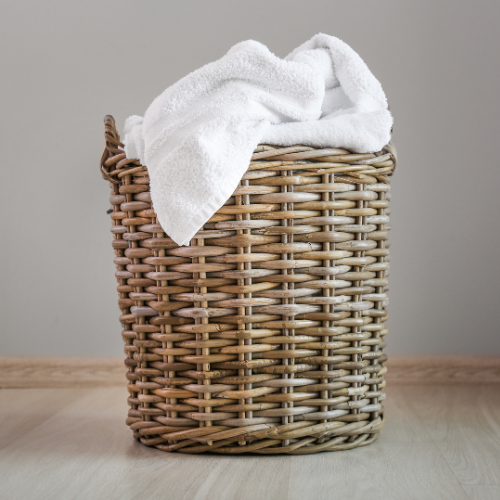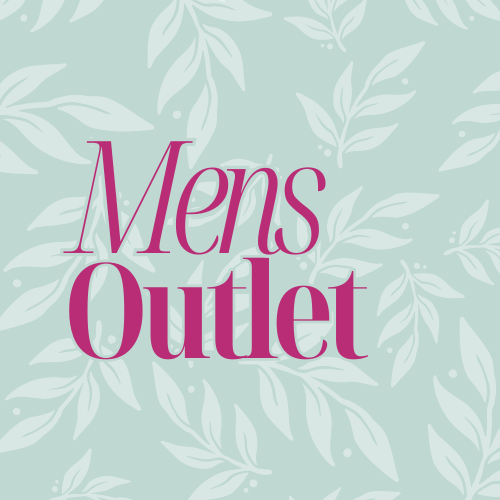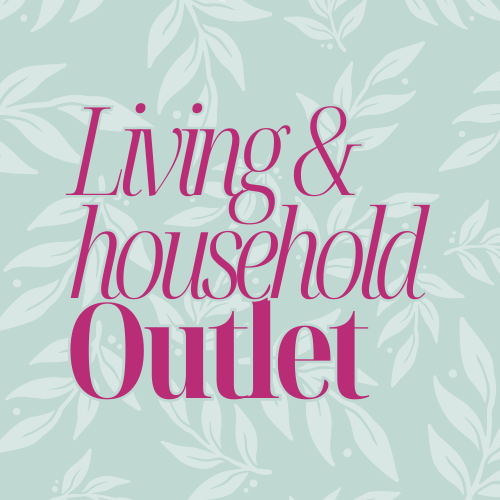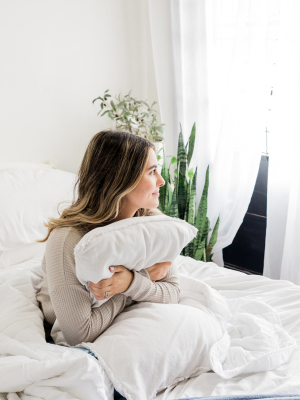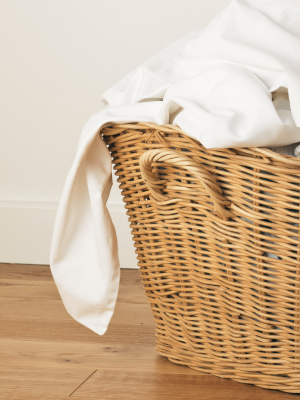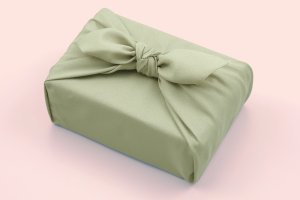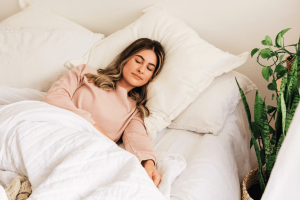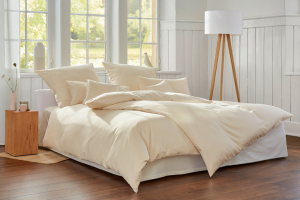Don’t believe the hype: toxic bedding terminology you can’t trust

When it comes to purchasing bedding, it's easy to be tempted by marketing lingo that promises comfort and convenience. Often, brands use terms like ‘wrinkle-free,’ ‘easy care,’ or ‘non-iron’ to entice you to buy, but these terms often cover up the use of harmful chemicals or environmentally unfriendly practices.
Here are some common toxic phrases to watch out for and alternatives that are better for your sleep, and better for our planet:
1. "Wrinkle-Free" or "Permanent Press"
These terms are often used to describe bedding that maintains a smooth appearance without ironing, and promoted as being super easy to care for in our busy lives. However, wrinkle-resistant properties are typically achieved through t coating bed sheets, pillowcases and duvet covers with formaldehyde-based resins. Formaldehyde can cause allergy symptoms like itchy eyes, headaches, wheezing, and fatigue. To give a little perspective, this chemical is also in nail polish, insulation materials, and glue - not something you want to be curling up under at night!
How to Avoid: Choosing organic cotton bedding means avoiding formaldehyde and other toxic coatings. Instead, look for cotton sateen, a way of weaving cotton that makes it smooth and naturally resistant to wrinkles.
2. "Antimicrobial" or "Antibacterial"
Bedding advertised with these labels is often treated with chemicals including silver nanoparticles, zinc pyrithione and triclosan to prevent the growth of bacteria and mold. While this might seem beneficial, these chemicals can cause skin irritation especially for those with existing conditions like eczema, and there are ongoing studies on the long-term health effects. As with all coatings whilst laundering your sheets, these additives can wash off and drain into our water systems, damaging aquatic life.
How to Avoid: Choose bedding made from natural fibres like wool, silk and cotton, which naturally resist bacteria and odors without chemical treatments. You can also air your bed for a couple of hours after you get up, to allow warmth and moisture to evaporate.
3. "Stain Resistant"
Stain-resistant bedding sounds attractive thanks to its promise of resisting stains and spills and ease of cleaning. However, stain resistant properties are often due to chemical coatings that can include PFAs. PFAs have been linked to many health issues, and they're known as ‘forever chemicals’ because they don’t naturally break down, and can accumulate in our bodies, and the environment.
Stain-resistant bedding also refers to fabrics designed to resist stains and spills, often made from synthetic materials like microfiber, which have a dense weave that makes liquids less likely to penetrate the fibers, and are easy to clean.
How to Avoid: To reduce your exposure to PFAS, avoid products labeled as water- or stain-repellent, as these are likely to contain PFAS. Instead, manage stains with eco-friendly cleaning methods, such as Sonett natural stain removers. They use only natural ingredients that are tough on stains including food, drink, grease and grass stains, but gentle on your bedding and clothes, and safe for the environment.
4. "Easy Care"
"Easy care" sheets promise low maintenance. They resist wrinkles, are easy to wash, and dry quickly (essential for rainy climates like the UK), sold to us as saving us time and hassle.
However, this bedding is made from synthetic blends including polyester, or from microfibre (a very tightly woven polyester), making them really cheap to make - but costly for our environment. Polyester is a plastic derived from fossil fuels, and significantly less sustainable than natural fibres - in their manufacture, when you wash them (and release micro plastics into the environment) and at the end of their life when they won’t naturally degrade but instead sit in landfill.
Synthetic fibres are often less breathable than natural fibres, causing overheating and sweating too, and much less conducive to a good night’s sleep.
How to Avoid: Don’t buy anything labelled easy-care, instead look for organic cotton weaves like poplin like our everyday tawny sheets - poplin washes really well and dries quickly, without the downsides of using polyester fibres.
5. "Cooling"
If you overheat at night, the thought of "cooling" bedding sounds wonderful. However, the cooling effect is usually achieved by synthetic fibres manufactured from fossil fuels, such as polyester, nylon, spandex and microfibre. Damaging to the environment when they’re made, and through their usage releasing microplastics when you wash them. Plus unlike cotton sheets, synthetic fibres won’t biodegrade after you’ve finished with them.
How to Avoid: To keep cool at night, whilst caring for our environment too choose natural fibres for your sheets, duvets and pillows. For duvet and pillow fillings wool has excellent heat regulating properties, wicking moisture away from your skin, and allowing heat to dissipate, keeping you cool at night. For bed sheets, duvet covers and pillowcases look for cotton with a percale weave. Known for its lightweight and crisp feel, the percale weave allows air to flow freely through the fabric keeping you cool.
Making Conscious Choices
After reading all this it can feel like a bit of a minefield knowing what to choose to give yourself a restful and restorative night’s sleep. With helpful sounding phrases like ‘cooling’ or ‘easy care’ it can be tempting to take them on face value. However, the easiest way to enjoy a comfortable night without compromising your health or that of our planet is to choose organic and natural bedding. When choosing your bedding, look for the Global Organic Textile Standard (GOTS) logo that ensures ethical and environmentally friendly practices. If it's not there - ask questions from where you buy your bedding to understand exactly what’s going in to it. We take pride in certifying Greenfibres Bedding to GOTS, and where that’s not possible we ensure we tell you exactly what’s gone in to it, and where it’s made so you can make an informed decision about what you buy.


